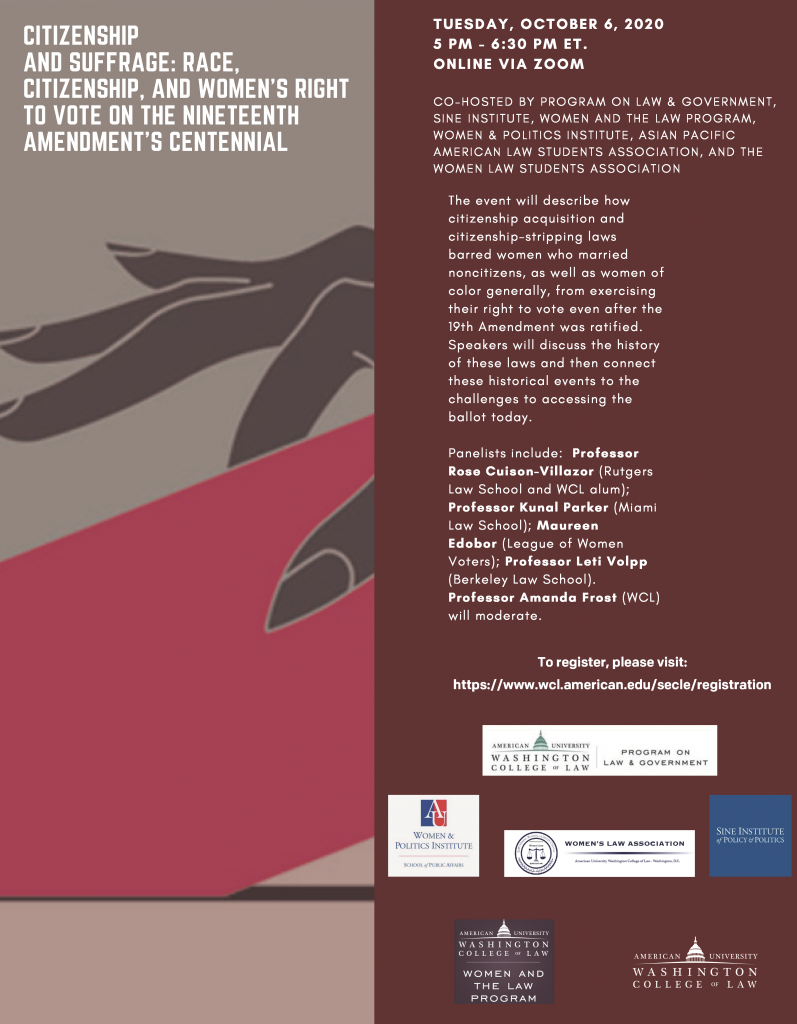Along with my co-authors (Professor Susan Appleton and Hannah Keidan (WashU Law ’25)), I have posted this draft on SSRN. It is part of a symposium that will be published later this summer in the Washington University Law Review. It is a short Foreword, but it should be of interest to anyone who wants to learn more about legal history, election law, women’s rights, law school pedagogy, or the history of St. Louis–where Minor v. Happersett was initially filed. The abstract is below:
This Foreword introduces a symposium marking the 150th anniversary of Minor v. Happersett, a Supreme Court decision unanimously holding that the Fourteenth Amendment’s Privileges or Immunities Clause did not enfranchise women. Notwithstanding its impact on the women’s suffrage movement and the subsequent ratification of the Nineteenth Amendment, Minor presents a puzzle: it is a relatively obscure precedent that remains deeply relevant to contemporary legal debates. To elucidate this point, this Foreword juxtaposes Minor with two notorious Supreme Court decisions: Dred Scott and Dobbs.
Like Dred Scott, Minor pairs a morally repugnant result with legalistic reasoning. But whereas Dred Scott is the quintessential anti-canon case, Minor is a footnote in legal education. On the flip side, Dred Scott was overturned by the Fourteenth Amendment, but Minor remains good law. The Nineteenth Amendment merely adopted an anti-discrimination workaround to Minor’s holding that suffrage is not a privilege or immunity of citizenship.
More recently, the Court’s decision in Dobbs demonstrates Minor’s continuing resonance. Indeed, Dobbs and its aftermath demonstrate that the issues contested in Minor in 1875 remain hotly debated today: the rights of citizenship, the role of women in society, and the meaning of the Privileges or Immunities Clause.
Finally, this Foreword briefly summarizes the interdisciplinary papers presented at the conference, covering diverse topics such as election law, feminist studies, legal history, and substantive due process.
